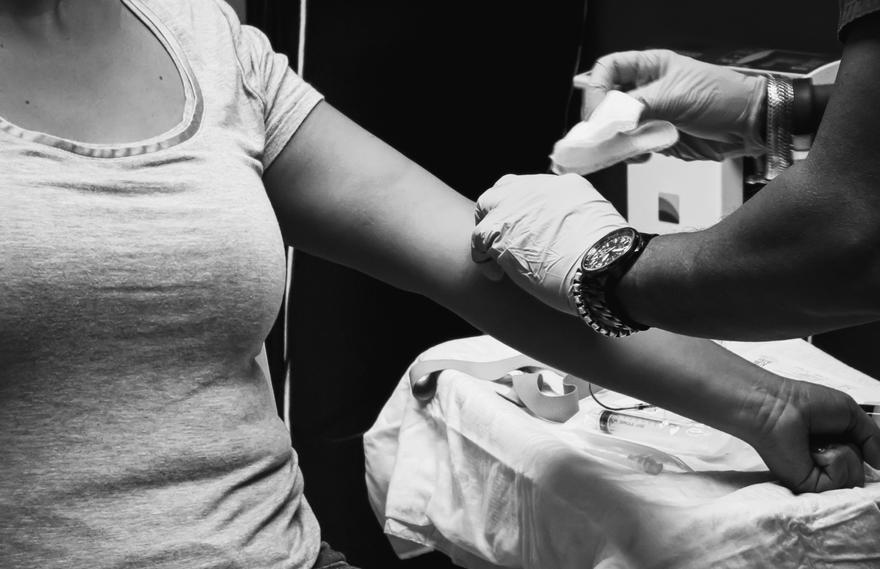I Tested Negative for Herpes After 11 Years—What’s Going On?

When test results don’t match your history, here’s what you need to know
The Basics: Blood Tests vs. Swab Tests
- It can take weeks or even months after exposure to develop detectable antibodies.
- Some people never develop a high enough antibody count to trigger a positive test result.
- IgG blood tests are notorious for false negatives, especially for HSV-1.
- LabCorp and Quest Diagnostics use different testing methodologies, and some are more sensitive than others.
Why Would You Test Negative After Years of a Positive Result?
There are several reasons this can happen:
Testing Sensitivity: Some labs have higher thresholds for what they consider a “positive” result. If your antibody levels have decreased over time, your test might fall below that threshold. Some commercial HSV-1 IgG assays have demonstrated limited sensitivity. For instance, a study published in Clinical Infectious Diseases found that certain HSV-1 assays had a sensitivity of only 70.2%, meaning nearly 30% of infections could be missed.
Ashley-Morrow et al., 2022 – Clinical Infectious Diseases
Type-Specific Issues: HSV-1 blood tests are much less reliable than HSV-2 tests. Many people with oral HSV-1 never test positive on a blood test.
CDC – 2021 STI Treatment Guidelines
False Positive at Diagnosis: Sadly, many people have been misdiagnosed due to inaccurate blood tests. HSV IgG tests can have false positives, especially if your index value (the number given with your result) falls between 1.1 and 3.5.
Immune System Changes: Antibody levels can drop over time, particularly if your immune system has kept the virus well suppressed for many years.
So… Do You Still Have It?
- Request a copy of your old results to see the exact index value.
- Get retested with a more sensitive lab (like the University of Washington Herpes Western Blot, the gold standard for blood testing).
- Ask about a PCR swab test during your next outbreak (if you have one) for confirmation.
How to Move Forward
- Talk with an informed provider. Most general practitioners don’t fully understand herpes testing. Find someone who specializes in sexual health.
- Don’t let a test define your identity. A diagnosis is just a starting point—not a life sentence. If you’ve found peace and healing over the last 11 years, that still matters, regardless of your latest lab slip.
- Join a supportive community. Navigating this alone is overwhelming. That’s why we created the Secret Society—so you never have to figure it all out by yourself.


0 comments
Leave a comment
Please log in or register to post a comment